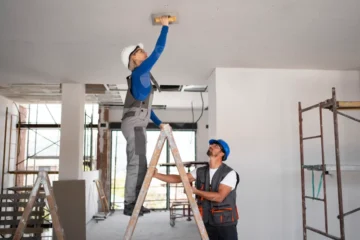Relationship between Indoor and Outdoor Swimming Pools Maintenance

A review
A person who owns a swimming pool knows the importance of practicing proper maintenance that aids in keeping a clean swimming pool with clear and freshwater. Filters, pumps, and heaters work safely and efficiently if regularly maintained and apply to all types of swimming pools. It ensures the provision of the best swimming pool services to all swimmers preventing the spread of water-borne diseases. Good hygiene involves the regular cleaning of both inside and within the pool`s environment.
Similarities
Chemical and pH balancing of the water in both Indoor and Outdoor Pools should be maintained and monitored carefully.
The walls and floor of the pool require regular vacuuming and cleaning. It should be weekly to prevent stains and calcium build-up.
Clogged filters also require cleaning to remove residue trapped on the fans reducing free water flow.
Both outdoor and indoor swimming pools apply shocking as an appropriate method of removing algae.
Differences
An indoor pool provides services throughout the year. On the other hand, outdoor pools are subject to weather changes such as winter and rainy seasons.
Indoor swimming pools do not contain a large number of contaminants since it is not exposed. On the other hand, an outdoor swimming pool collects pollutants such as papers, leaves, and feathers. Skimming the water surface should be regular to remove the foreign materials.
Indoor swimming pools are vulnerable to algae that make swimming difficult and cause injuries due to their slippery nature. Algae do not thrive well in outdoor pools because the UV lights cause oxidation which reduces it. Indoor pools are breeding grounds for algae due to their construction under the shade blocking UV rays penetration. A great tip on cleaning the green swimming pool is by shocking and applying UV chemical treatment on indoor swimming pools.










